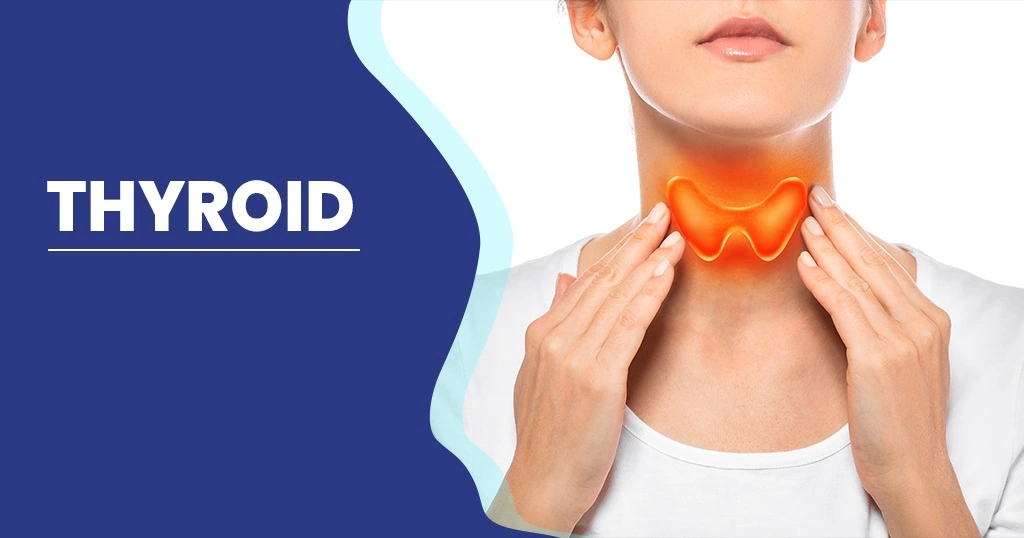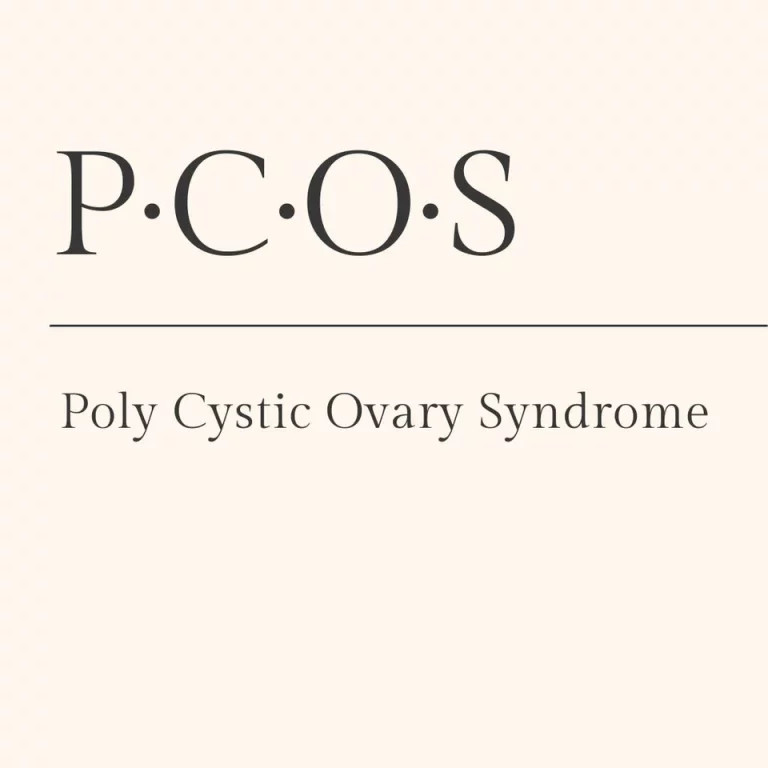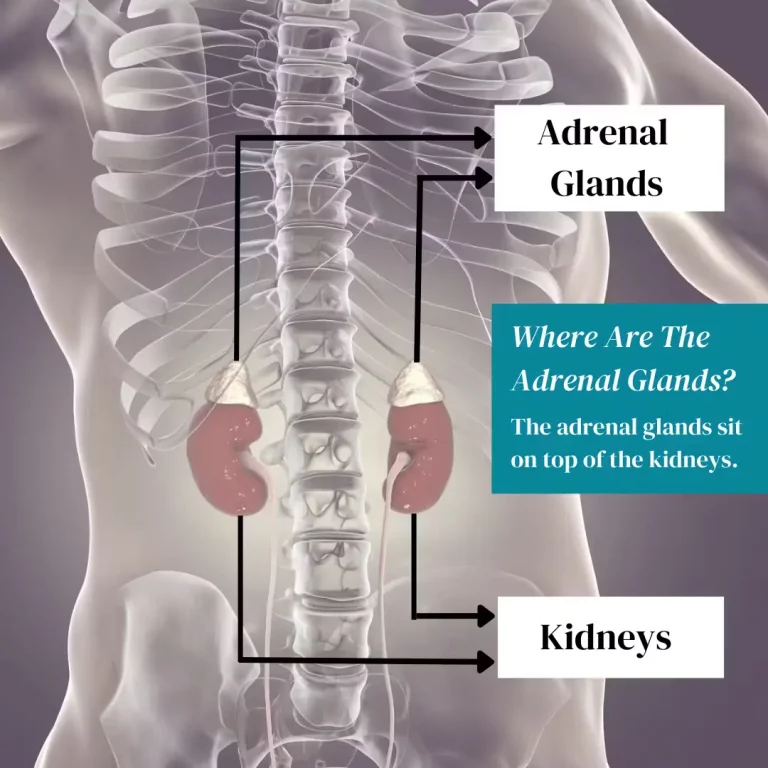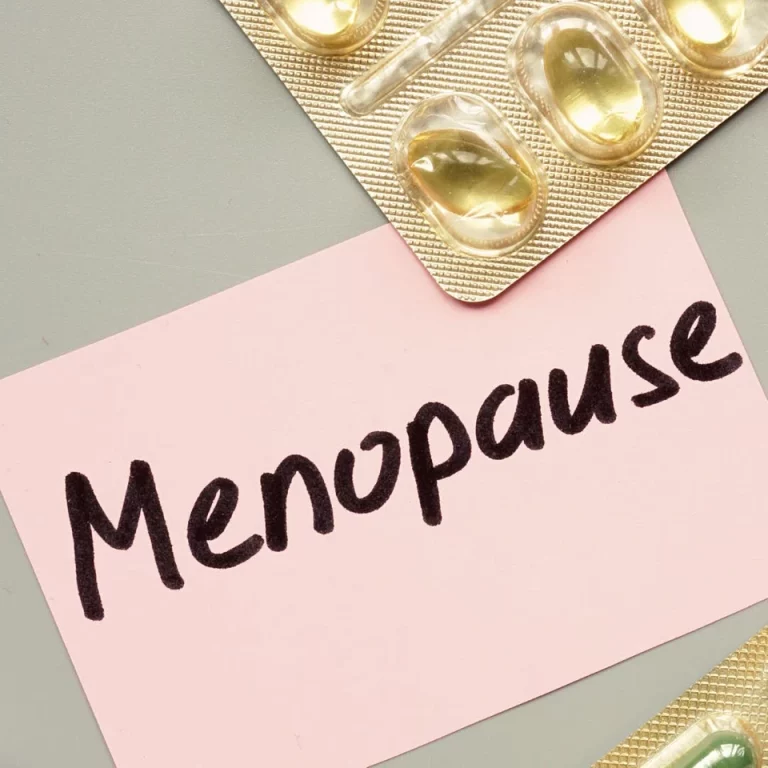Thyroid Symptoms In Female – Underactive Vs Overactive
The thyroid gland is located in your lower neck region, and it is a gland that secretes hormones that help your body with several processes including development throughout childhood and even metabolism in adulthood.
Typically, when your thyroid gland is functioning properly, you will not have any symptoms caused by your thyroid and will have normal thyroid hormone levels in your body (this is called “euthyroid”). However, when your thyroid gland is not working correctly, you usually will have some or even a combination of several symptoms which will be broken down in more detail below. Keep in mind that not everyone with thyroid gland problems will have symptoms, and sometimes doctors will find the problem only after doing bloodwork to test the function of the gland. This means it is very important to have regular check-ups with your doctor and ask them if you have any questions or concerns about your thyroid. Again, remember that not everyone has symptoms if there thyroid gland is not functioning correctly, but here are some of the most common symptoms associated with thyroid disorder:
Hypothyroidism – Underactive Thyroid
When your thyroid hormones are lower than a typical range, this is classically called “hypothyroidism.” A very common symptom is fatigue because your overall metabolic process can be slowed. Because of this slowed metabolic rate, you may also notice weight gain or even feel colder than you were previously used to feeling. Skin can also feel cold or even appear pale because blood flow can decrease when you have hypothyroidism. You also may notice your hair feels more coarse than it did before, or you may even have hair loss (this can be seen in multiple areas of your body, not just your scalp, and even can cause the lateral parts of your eyebrows to thin/lose a lot of hair) or brittle nails [1,14,15].
Not only can slowed metabolism lead to fatigue, but about 10% of patients with hypothyroidism will also have anemia (this can be due to autoimmune problems associated wi the thyroid, which causes anemia to happen). Anemia, or low hemoglobin/red blood cells in your body, can also cause you to feel tired [2,13].
Another result of slowed metabolism from low thyroid is decreased heart rate and decreased heart contractions, which can cause less blood and oxygen to flow through your body. This can lead to shortness of breath or even not being able to have the stamina to exercise as you did previously [3].
One of the most common symptoms of hypothyroidism is constipation, and it can be mild or become severe enough to even cause a bowel obstruction. This is because the intestines naturally squeeze/move to pass matter through them, and this movement (or motility) is often slowed in hypothyroidism [4,15].
Other common symptoms can affect your muscles and bones, such as weakness, cramping, painful and achy joints, and even feelings of being stiff.
Women often will notice changes in their periods if they have hypothyroidism. It can be frustrating because menstrual changes can vary significantly from patient to patient where not all patients will have the same bodily changes noticed. A low thyroid level can cause periods to be absent or very light, but it can conversely cause some women to have very heavy periods. One study of women who were affected by hypothyroidism found just over 15% of women to have absent or light periods and 7% of women to have heavy periods. These changes in menstrual cycles can also cause decreased fertility rates, and hypothyroidism even has been linked to an increased chance of early trimester miscarriage. Decreased libido is another symptom that can be seen in patients who have hypothyroidism [5,10,11,13].
Hyperthyroidism – Overactive Thyroid
Related: Symptoms Of An Overactive Thyroid (Hyperthyroidism Symptoms)
When your thyroid hormones are too high in your body, this is called “hypothyroidism.” This can be caused by many different things, such as Grave’s Disease, thyroid gland inflammation and even certain tumors. Most people with hyperthyroidism (unless very mild) will have symptoms. A very common symptom is swelling of the thyroid gland causing a bulge in the neck, which is also known as a goiter.
Unlike low thyroid, hyperthyroidism can cause increased flow of blood through your body and lead to skin feeling warm. As metabolic processes increase, you may also notice increased sweating, feeling excessively hot/intolerant to heat, or even experience skin darkening (hormones such as cortisol and ACTH ultimately cause this due to faster metabolism). Conversely, some people will have loss of skin pigmentation (vitiligo) as an immune response [6,13].
High thyroid levels can affect your respiratory system, such as causing you to have a hard time breathing, and can even make people with asthma have flares or worsening of their asthma. Your diaphragm (the muscle that helps with breathing) can have weakness, which can cause breathing symptoms, or a goiter can cause pressure on your trachea (windpipe) and make it difficult to breathe [7].
Just like hypothyroidism, hyperthyroidism can also cause anemia (low red blood cells). However, high thyroid hormone can also cause decreases in the number of other cells such as platelets (which can cause bleeding problems) and neutrophils (cells that help fight bacterial infections). Therefore, patients with hyperthyroidism may experience fatigue or shortness of breath if they have anemia, bleeding problems if they have low platelets, or potential infection complications if they have low neutrophils [8].
As opposed to low thyroid, hyperthyroidism can cause increased heart rate/feeling of fast heartbeat, or even palpitations or a feeling that your heart beat is irregular. This is medically called “atrial fibrillation” and can happen in as much as 10 to 20% of people with hyperthyroidism. It can also cause increased blood pressure (usually patients do not have symptoms if blood pressure is slightly elevated, but they may experience headache, especially if their blood pressure is significantly high) [9,16].
Since metabolic rate can increase, having high thyroid hormone levels can cause weight loss, diarrhea, or even vomiting. Additionally, a goiter can put pressure on the esophagus and make it difficult to swallow [14].
With hyperthyroidism, many people will experience increased frequency of urinating, or even an increase in overnight waking due to needing to urinate. Women with hyperthyroidism may have increased sex-hormone binding globulin (this means that hormones such as estrogen are affected and can change the normal secretion of hormones that affect ovulation). As a result, women may not ovulate, may have irregular periods, or may experience difficulty with fertility [10,13].
Less commonly, patients with hyperthyroidism may have anxious or depressed mood, irritability, poor concentration or even trouble sleeping. These are usually seen in more severe cases of high thyroid levels, such as a condition called thyrotoxicosis. Another symptom not common in all hyperthyroid patients but that is often seen in patients with Graves’ Disease (a type of thyroid disorder) is a bulging appearance of the eyes, which is called “exophthalmos” [12,16].
What is important to remember is that thyroid disorders can vary widely, with some patients experiencing no symptoms and others having severe health conditions and problematic symptoms. It is always advised to seek guidance from your personal physician with any concerns or questions you may have regarding your thyroid health.
Resources:
- Smith TJ, Bahn RS, Gorman CA. Connective tissue, glycosaminoglycans and diseases of the thyroid. Endocr Rev 1989.
- Colon-Otero G, Make D, Hook CC. A practical approach to the differential diagnosis and evaluation of the adult patient with macrocytic anemia. Medical Clinic of North America 1992.
- Dillmann WH. Biochemical basis of thyroid hormone action in the heart. American Journal of Medicine 1990.
- Lauritano EC, Bilotta AL, Gabrielli M. Association between hypothyroidism and small intestine bacterial overgrowth. J Clinic Endocrinology Metabolism 2007.
- Krassas GE, Pontikides N, Kaltsas T. Disturbances of Menstruation in hypothyroidism. Clinical Endocrinology (Oxford) 1999.
- Heymann WR. Cutaneous manifestations of thyroid disease. Journal of the American Academy of Dermatology 1992.
- Kahaly G, Hellermann J, Mohr-Kahaly S, Terese N. Impaired cardiopulmonary exercise capacity in patients with hyperthyroidism. Chest 1996.
- Scappaticcio L, Maiorino MI, Maio A. Neutropenia in patients with hyperthyroidism: Systematic review and meta-analysis. Clinical endocrinology (Oxford) 2021.
- Frost L, Vestergaard P, Mosekilde L. Hyperthyroidism and risk of atrial fibrillation or flutter: a population based study. Arch Intern Med 2004.
- Thyroid Disorders; Clinical Updates in Women’s Health Care. American College of Obstetricians and Gynecologist 2013.
- Surks, Martin. Clinical manifestations of hypothyroidism. UpToDate 2022.
- Ross, Douglass. Overview of the clinical manifestations of hyperthyroidism in adults. UpToDate 2022.
- US Department of Health and Human Services, Office of Women’s Health. Thyroid Disease. (www.womenshealth.gov/a-z-topics/thyroid-disease) Accessed 5/11/2022.
- American Thyroid Association. (www.thyroid.org/thyroid-information). Accessed 5/11/2022.
- National Library of Medicine: Medline Plus. Hypothyroidism. (www.medlineplus.gov/hypothyroidism). Accessed 5/11/2022.
- Mayo Clinic: Hyperthyroidism. (www.mayoclinic.org/diseases-conditions/hyperthyroidism/symptoms-causes). Accessed 5/11/2022.
We discuss products we think are useful to people. If you buy something through our links, we may earn a commission. Remember to check with your personal physician to see if a product recommended is right for you.








